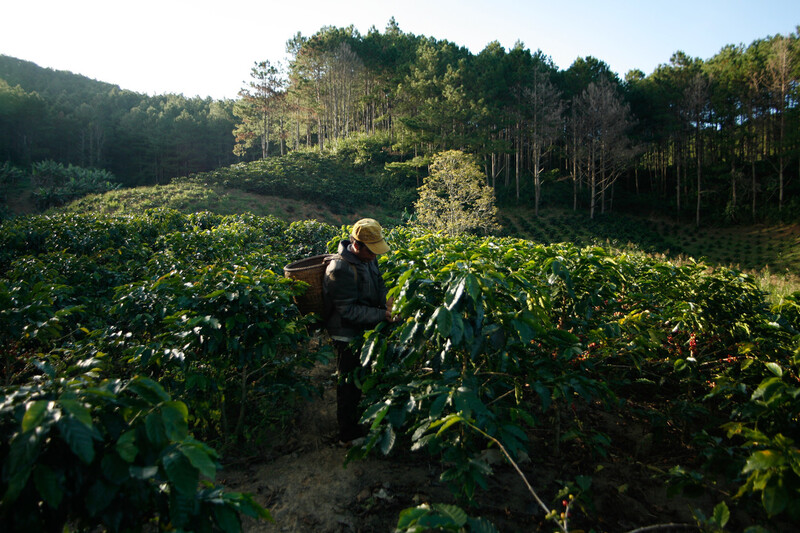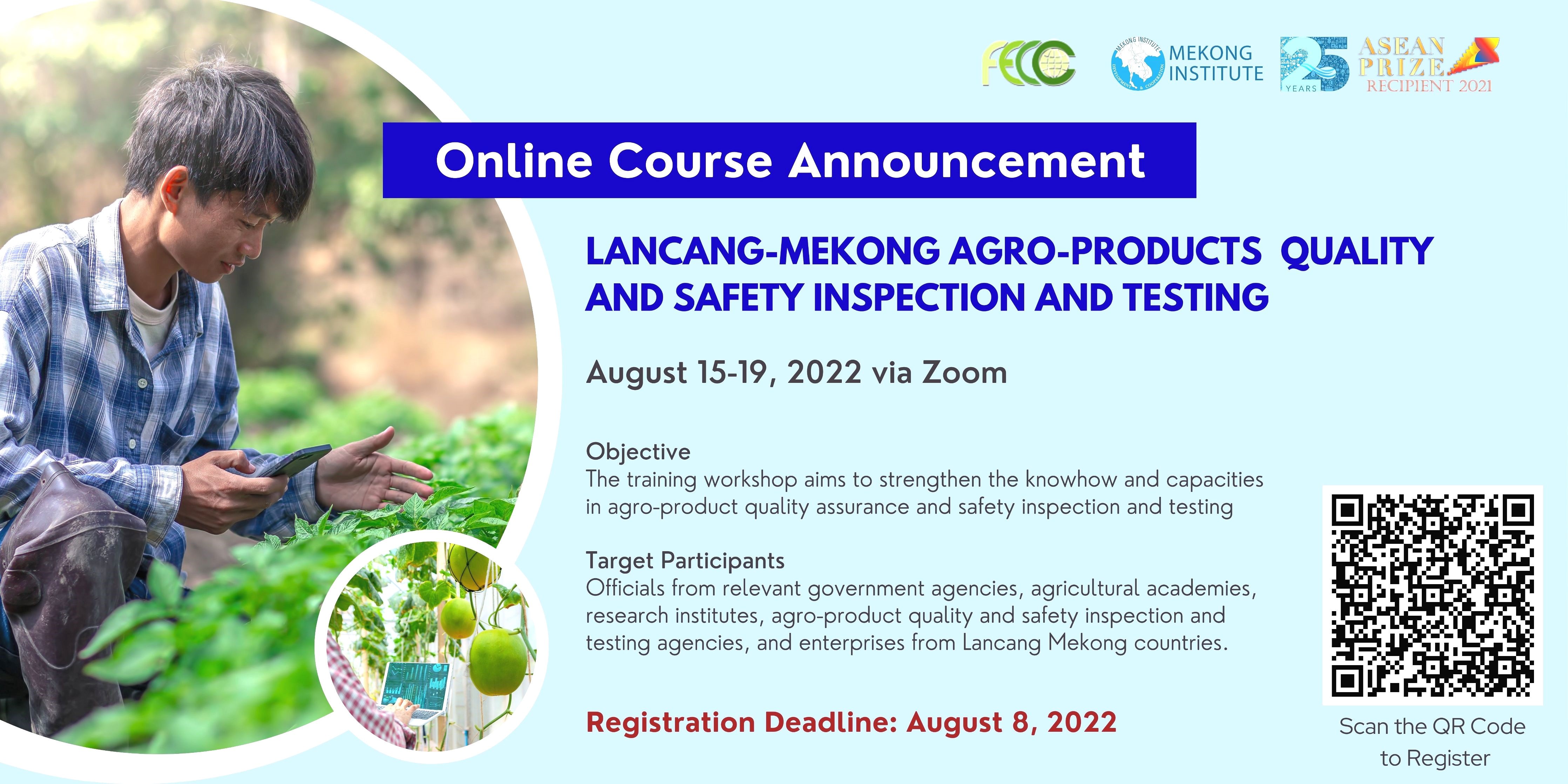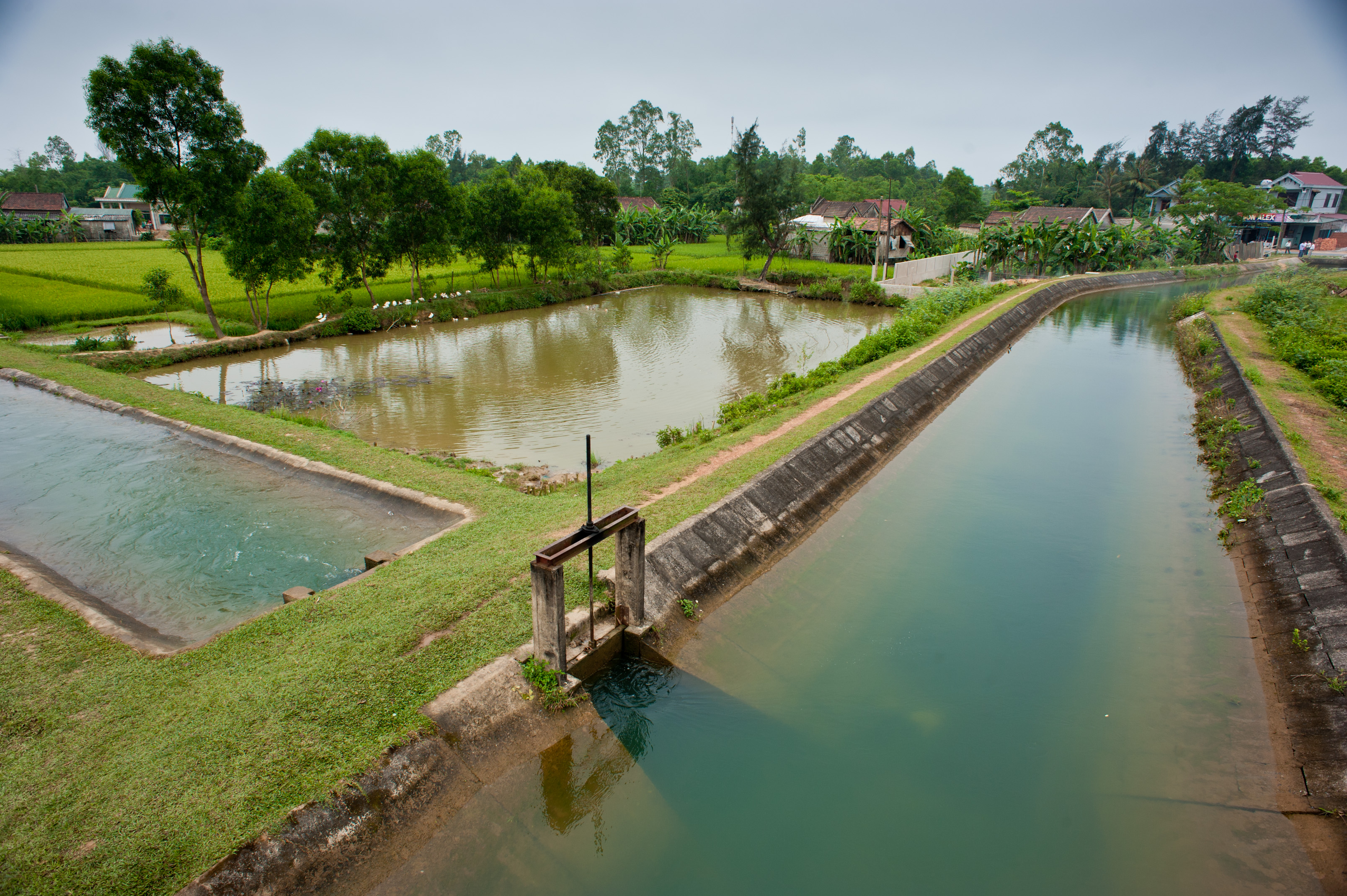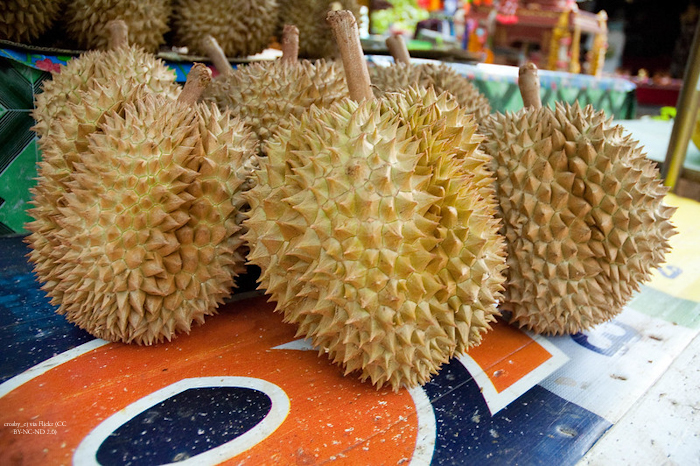Why COP27 Matters to Southeast Asia
The global community has gathered at Sharm el-Sheikh, Egypt, in November 2022, for the COP27 climate conference
The COP, or Conference of the Parties, is the key decision-making forum of the United Nations Framework Convention on Climate Change (UNFCCC) that aims to reduce greenhouse gas emissions and address climate change and its impacts.







